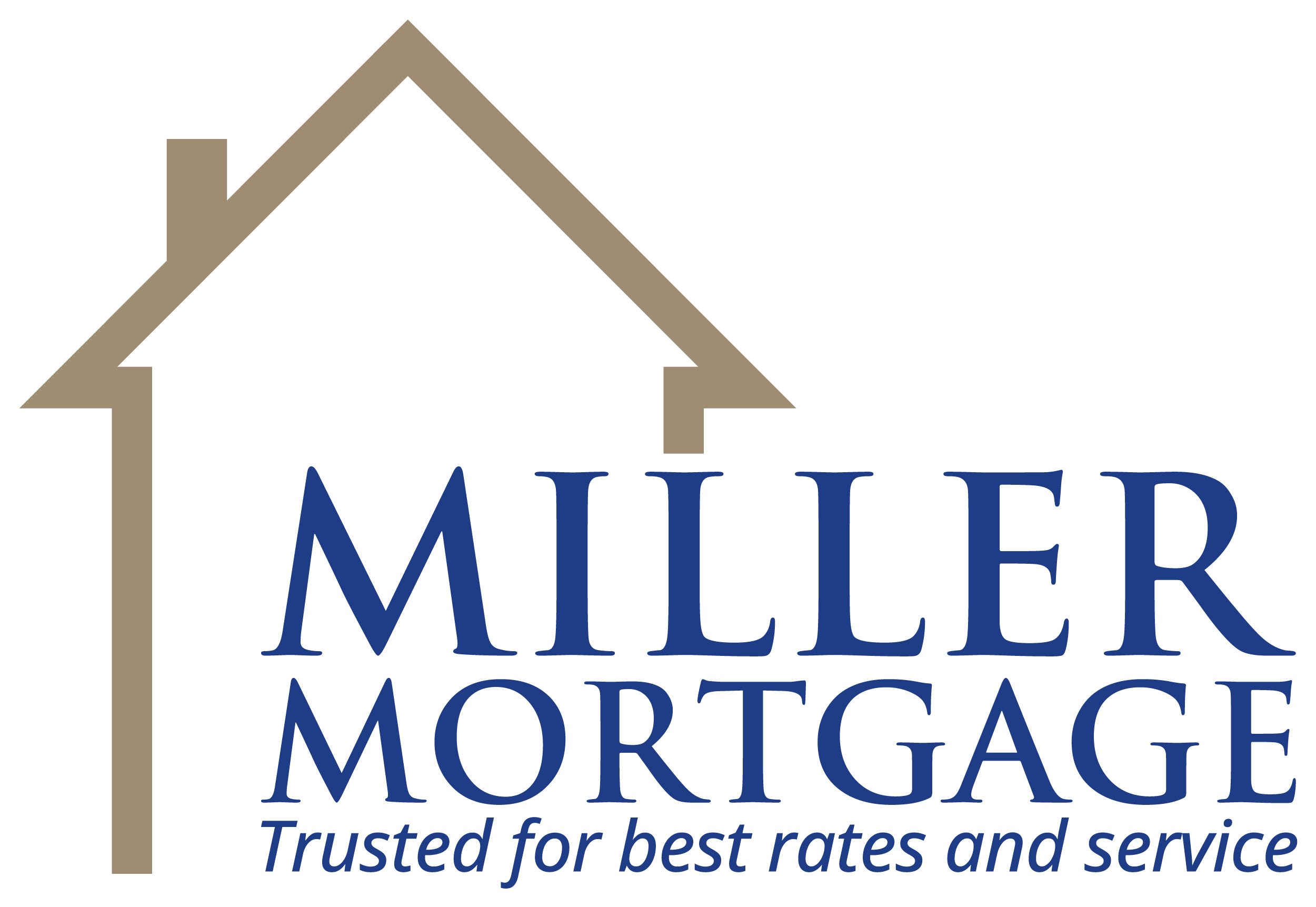Purchasing your first home is something to celebrate. For many people however, it is a pipe dream. The cost of buying a home in the US has never been higher than it is now. Studies from data analyst Statista, indicate that the average sales price of a new home in 2021 reached a whopping $453,700. Of course, figures are constantly shifting and changing, and if current trends continue, we are looking at potentially pricing young, first-time buyers completely out of the market.
This might all sound doom and gloom, but there is some good news. If you start early enough, put together a plan, and know what you want to search for, you stand a much better chance of saving up the initial 20% down payment for purchasing a home, and obtaining a Fha mortgage for first time home buyers at favorable rates. Obviously, the rate at which you receive your mortgage depends upon your personal circumstances, but the fact that you have a down payment sitting in the bank makes you a valuable commodity to a mortgage lender.
Planning is Key
There are two schools of thought. The first is that you should ride with the flow of the wave, see what happens and live life to the fullest. The second is that you should enjoy your life and go with the flow, but have a plan at the same time. Why is the second option more favorable?
If you approach life without any plan in place, even a rough one, you’re going to miss the big points. You’ll end up looking back and wishing you had done this, or that, or that you had the money to try this opportunity. By thinking about what you want, you’re planning your life out. This way you’re just giving yourself some guidance in terms of where to go and what to do. If you don’t do this, you will never achieve the things you really want, and that will lead you down a road towards regret.
Why Saving is Important?
You don’t have any idea about the future, but having a comfortable savings amount tucked away gives you more confidence, because you know you’ll be able to overcome any hurdles. It also means that you will be much more able to take advantage of any great opportunities which might come your way, e.g. travel or change jobs, because you have the safety net underneath you.
You don’t have to save huge amounts every month and give yourself a lesser quality of life, you just need to put a little aside and not touch it. Looking into high interest savings accounts is a good way to earn cash whilst you’re saving, and you could also look at possible investment opportunities.
If you begin saving for a down payment for your home now, it is going to be much less of a burden when you decide to buy one. What if you don’t have any savings and see a house that you just love so much? Trying to put together 20% of the cost of the house (your down payment) is going to be an uphill struggle. If however, you save a little over the years, you might find that you already have that down payment sitting there waiting, or at least most of it, and then you only have a little more to find. By saving, you are investing in your future.
Why do you Need a Down Payment?
A down payment reassures the low down payment mortgage company who is going to lend you money for your future house, that you have the financial capacity to afford the monthly repayments. If you have no down payment, it doesn’t look good. It basically tells them that you can’t save, do not have enough income, and therefore a bad investment for their business.
A down payment in the US needs to be 20% of the overall value of the home you’re looking to buy. You will need to have this in a lump sum, and it will need to be in your bank for around three months before you approach a mortgage company. If you have less than 20% saved up as your down payment, many mortgage lenders won’t consider lending to you. Some however may, but you will need to pay something called PMI (Private Mortgage Insurance). This is a type of insurance which you will need to pay monthly over the long-term, and will send the cost of buying a home skywards.
Conclusion
Buying a house involves spending a substantial amount of money, but with proper planning and savings, you will be able to find a way to purchase your dream home. And even if you’re short on savings, there are mortgage companies that provide down payment assistance to home buyers that can help you with your financial needs and navigate through the different stages and steps involved.
If you’re looking for a mortgage company that offers bad credit mortgage loans in Florida, Miller Mortgage, LLC, can help you with your financial needs and requirements.



